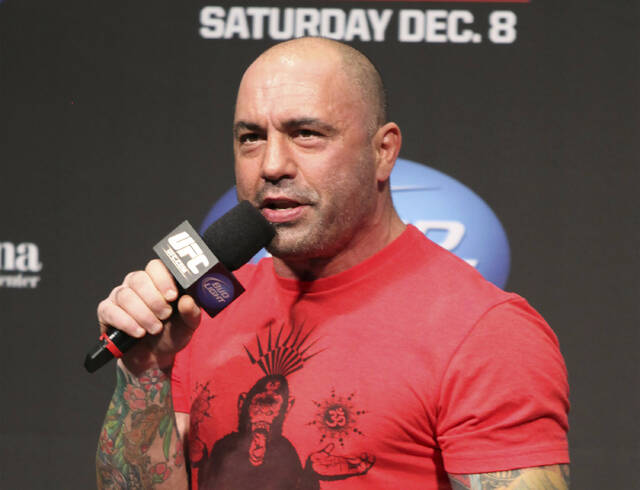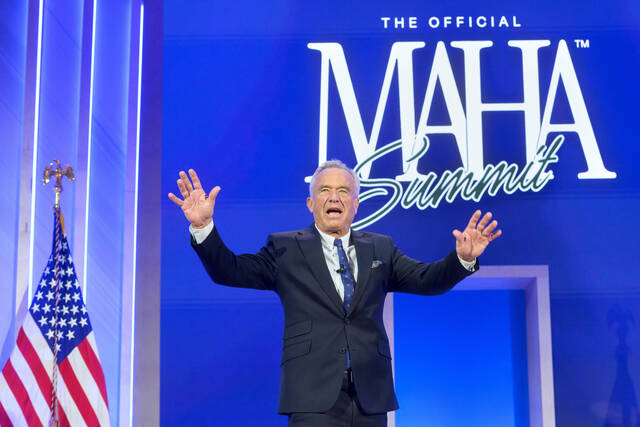I was in second grade the first time I heard it.
The N-word. It was used casually, without thought or explanation, like hundreds of other words a 7-year-old hears every day, leaving me to puzzle it out with context clues.
It was said matter- of-factly, the same way someone would call a person a plumber or an American or a grandmother. It was used descriptively, not like it was a caustic dismissal of everything someone was with six small letters.
And so when I repeated it to my mother later, I was unprepared for the horrified reaction of someone who did know what it meant in all of its poisonous glory.
For more than 40 years, I have watched the debate about who gets to say that word and who doesn’t and what the response to violating that should be.
I watch it as an outsider because, while I can watch wide-eyed when someone utters it, disgusted and confused about why they chose to use it, I don’t feel the visceral hit of knowing it refers to me. As a bone-white woman, I have distance and separation. I note the ugliness, but I don’t feel the sting of it striking out at me like a lash.
I absolutely do not understand comedian/actor/podcaster Joe Rogan’s repeated use of it, which has prompted artist India Arie to pull her music from Spotify, refusing to share the same digital airspace with him. A video compiling dozens of times Rogan used the word on his podcast has gone viral.
Some people point to it as a free speech issue. Do people have a constitutionally protected right to use it — the same way they use other ugly, demeaning words that start with different letters and strike at other people? Yes. But the words we choose to use freely mean others have a free opportunity to make judgments about us, as Rogan has found.
Others point to the use as evidence of deep roots of racism. It’s hard to argue otherwise. In a non-Black mouth, it is either used with active hatred or passive contempt. At best, it is with ignorance.
What it has become is a yardstick, but an unreliable one. Comfort with using it might indicate being a Black person using it in defiance or reclamation as much as it might be an attitude of bigotry or scorn from someone else. Judgment of it could be about compassion and equality or performative wokeness.
The dichotomy is that there is an argument about freedom being waged over a word used against a people we sold and kept as slaves.
But the truth is something I figured out from the context clues of not just the person who first said that word in front of me but my mother’s response. It’s a word that people can choose to use, but doing so defines them more than the people they direct it toward.








